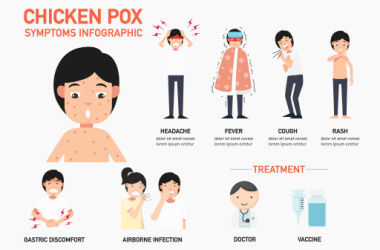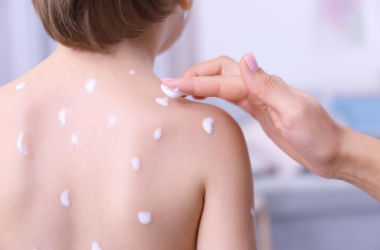- Home
- Blog
- Mom & Baby Care
How To Care For Your Child When They Get Chickenpox?
Mom & Baby Care
How To Care For Your Child When They Get Chickenpox?
By Apollo 24|7, Published on- 23 September 2022, Updated on -18 October 2022
Share this article
0
0 like

Chickenpox is the most common viral infection experienced during childhood. The chickenpox virus, caused by the virus Varicella zoster, results in itchy rashes on the body, which later turn into fluid-filled blisters. Chickenpox is quite contagious and spreads fast from one person to another. However, the incidents of chickenpox have significantly declined after the introduction of the chickenpox vaccine. The most common symptom of chickenpox is an itchy rash that usually appears on the face, chest, and back before spreading to other body parts. However, with optimal care and precautions, children suffering from chickenpox can be treated at home.
Early Signs of Chickenpox in Child
The itchy blisters on the child's skin usually appear 10 to 15 days after exposure to the Chickenpox virus. Some of the common symptoms include:
- High fever
- Loss of appetite
- Headache
- Persistent fatigue
How to Take Care of a Child with Chickenpox?
To help you with the treatment of chickenpox in a child, doctors recommend taking the following steps:
1. Keep your child at home
Since it is a viral infection, the transmission mode is quite fast, so it is advisable to keep your child at home. By limiting your child's exposure, you not only help them heal quickly but also control the spread of the disease. It is necessary to keep your child at home till all the blisters have formed dried scabs, and no new blisters develop. This process usually takes about one week to ten days.
2. Relieve fever
Another crucial step in treating chickenpox in children is to consult a doctor and take the necessary medications to relieve the fever. The doctors usually prescribe non-aspirin or non-ibuprofen medicine to control fever. However, avoid taking the medication without consulting your doctor. Please consult your paediatrician before giving your kid any medication for the fever.
3. Use calamine lotion or any other anti-itch lotion
These blisters caused by the chickenpox virus usually cause itchiness which can be controlled by an itch-calming cream or calamine lotion. These medicines provide relief from the itch and help soothe the blisters. Don't use any other antibiotic cream on your child's skin without consulting a doctor, as they may further aggravate the itchiness. You can also use over-the-counter oral antihistamines available for children.
4. Keep your child's fingernails trimmed
Children usually have the urge to scratch the blisters, so it is better to trim their nails short to ensure they do not further irritate their skin. You can also make them wear socks or mittens to prevent scratching. This also helps in faster healing of the blisters.
When to consult a doctor?
With the help of simple home remedies, you can help your child with chickenpox. However, you should consult your doctor if:
- Your child has a high fever
- Your child is at high risk of complications
- Your child has any other medical condition or is taking any other medicines.
Mostly, chickenpox can be treated at home by following the simple steps mentioned above. You can also check for early signs of chickenpox in children to avoid delay in the treatment. It is also better to consult a specialist doctor to treat any complications that may develop. If the rash is accompanied by dizziness, fatigue, or vomiting, consult a specialist doctor.
Consult an Apollo Paediatrician
Medically reviewed by Dr Sonia Bhatt.
Services
Mom & Baby Care
Leave Comment
Services
Recommended for you
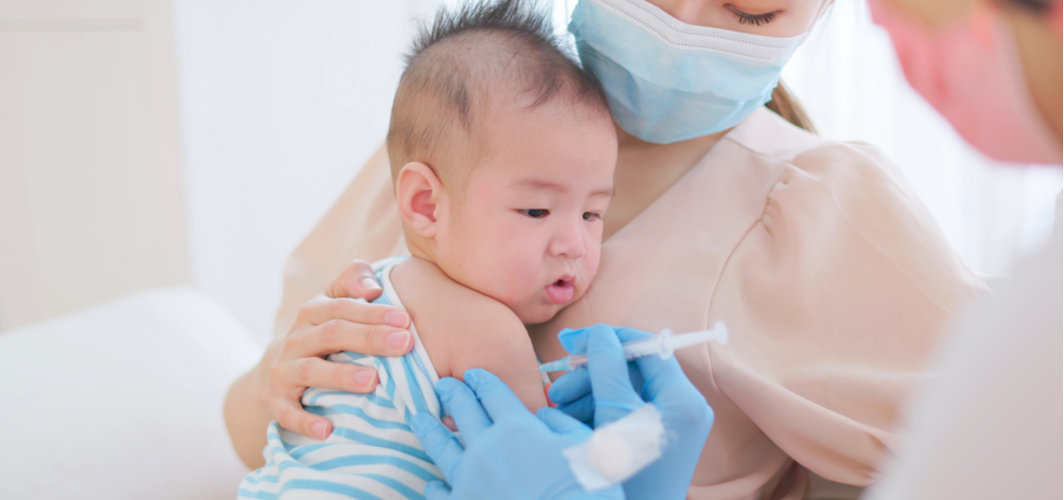
Mom & Baby Care
This Immunization Week Learn About The 6 In 1 Vaccine For Babies
Read to know more about the new 6 in 1 vaccine that would help boost your newborn's immunity against several diseases.
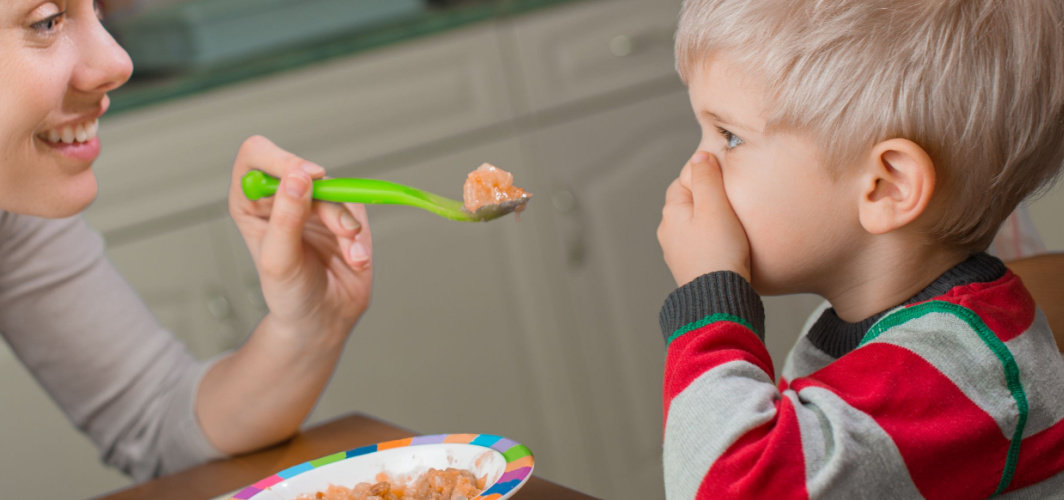
Mom & Baby Care
Is Your Child A Picky Eater? Know How To Deal With It
Picky eating is a typical early childhood behaviour. The growth phases of children have an impact on their cravings. Parents try to make mealtimes joyful and comfortable to avoid picky eating. Listening to a child’s interests, giving healthy food, creating a friendly relationship with your child, and slowly improving the food habits may help to overcome this difficulty.
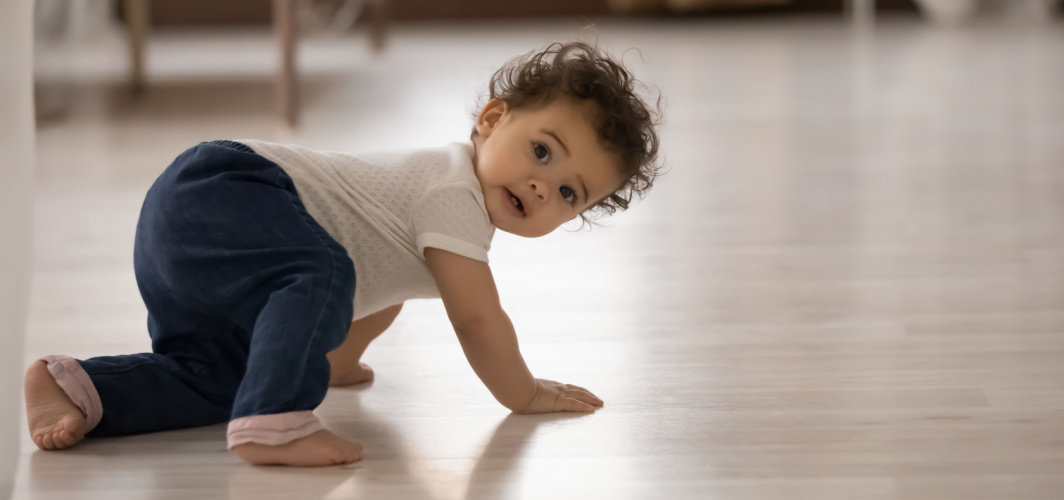
Mom & Baby Care
Delayed Development Milestones In Babies: Checklist And Warning Signs
This blog talks about the social, motor, cognitive, and language skills a child should master at a given time and the symptoms indicating a deviation from the normal. Read to know more.
Subscribe
Sign up for our free Health Library Daily Newsletter
Get doctor-approved health tips, news, and more.

